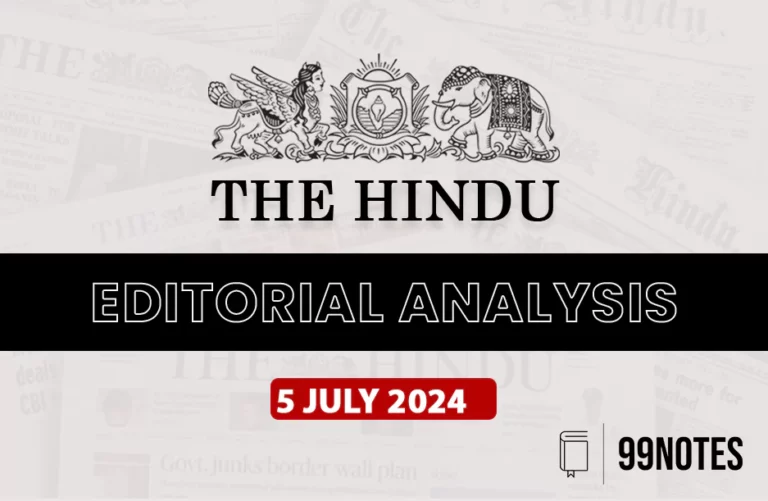13-May-2025 Daily Answer Writing
Q1) Critically examine the implications of India’s delay in releasing excess death data from the COVID-19 period. What does it reflect about governance, accountability, and public health systems?
(GS Paper 2, 15 marks, 250 words)
Answer:
The release of the 2021 Civil Registration System (CRS) data in 2025, revealing over 21.5 lakh excess deaths, has reignited debates on data transparency and the integrity of public institutions. This figure is nearly 6.5 times higher than India’s official COVID-19 death toll, exposing a significant gap in real-time pandemic reporting.
Implications of the Delay:
-
Erosion of Public Trust:
Timely dissemination of mortality data is crucial in a public health emergency. Delayed reporting raises suspicions of data suppression and erodes trust in government institutions and health advisories. -
Weakening of Democratic Accountability:
Accurate data enables informed criticism and mid-course corrections. By delaying release, institutional and political accountability is compromised, especially in states with disproportionately high unreported deaths. -
Hindrance to Public Health Planning:
Lack of timely mortality figures disrupted the design of targeted responses such as vaccine allocation, oxygen supply chains, and rural health interventions. -
International Repercussions:
Global health organizations, including WHO, had already estimated India’s underreporting, which affected India’s credibility in international forums and global health assessments.
Governance and Systemic Reflections:
-
Poor Death Certification Infrastructure:
A majority of deaths, especially in rural areas, lacked medical certification—indicating systemic failure in health data management. -
Centralization of Information:
The reluctance of the Registrar General to release CRS data on time highlights bureaucratic inertia and lack of institutional autonomy.
Conclusion:
The delayed release of excess death data reflects serious deficits in governance transparency, public health preparedness, and democratic accountability. Moving forward, India must institutionalize independent data systems, strengthen death registration processes, and treat public health data as a public good to ensure informed, equitable, and effective governance.
Read More – 12 May 2025 : Daily Answer Writing



